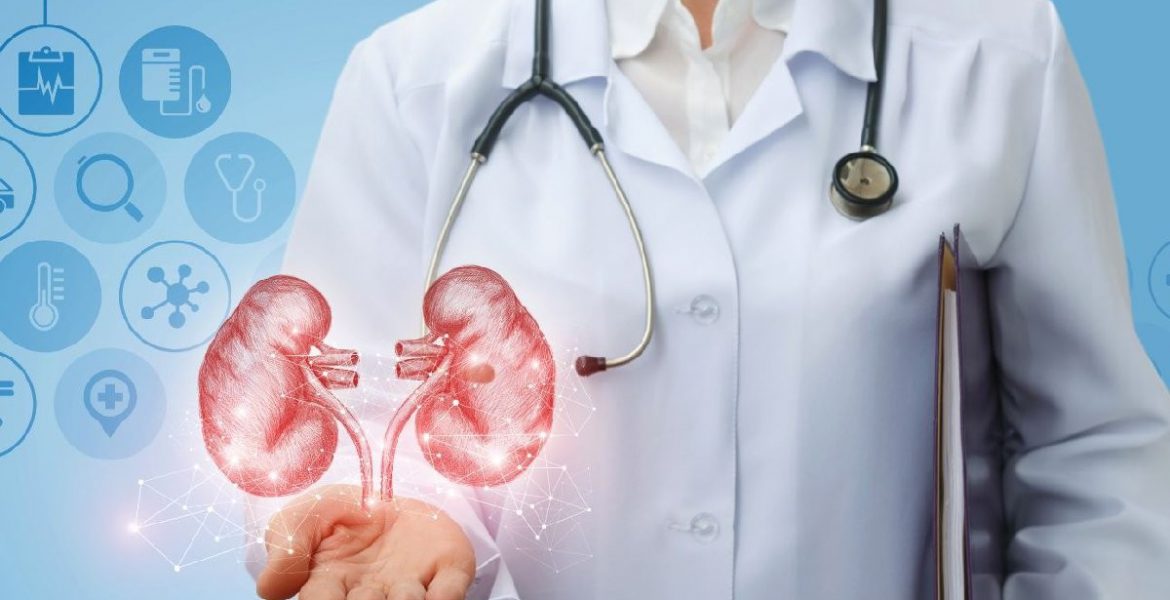It is a specialty of adult internal medicine and pediatric medicine that concerns the study of the kidneys, specifically normal kidney function and kidney disease, the preservation of kidney health, and the treatment of kidney disease, from diet and medication to renal replacement therapy.
Some Disease under branch of nephrology: -


Pulmonary critical care, or critical care medicine, is a specialized field of emergency medicine that focuses on patients suffering from injuries and diseases of the respiratory or pulmonary system, which includes the lungs, trachea, diaphragm, and related structures.
Critical care pulmonologists are specifically trained to provide life-saving care for patients who are experiencing respiratory issues, such as multi-system failure and other life-threatening situations.

Dialysis is a procedure to remove waste products and excess fluid from the blood when the kidneys stop working properly. It often involves diverting blood to a machine to be cleaned.
What happens during dialysis of a patient:-
The membranes filter waste products from your blood, which are passed into the dialysate fluid. The used dialysate fluid is pumped out of the dialyser, and the filtered blood is passed back into your body through the second needle. During your dialysis sessions, you'll sit or lie on a couch, recliner or bed.
There are 3 main types of dialysis: in-center hemodialysis, home hemodialysis, and peritoneal dialysis.